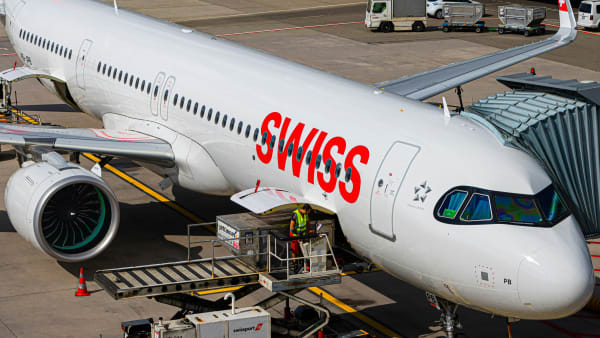Career Insights: Airline Route Planning and Analysis
In the vast world of aviation, various dynamic and intriguing careers are taken for granted. One such exciting career niche is Airline Route Planning and Analysis. This strategic profession requires an intricate blend of commercial insights, aviation knowledge, and analytical skills.
So, whether you're a university student considering different career pathways, an aviation enthusiast looking to change your current field, or when scrolling the internet for "Airline Route Planning Careers", the purpose of this article is to provide vital insights about this interesting profession.
The Functions of an Airline Route Planner
As the phrase suggests, an airline route planner is in charge of creating, modifying, and managing the travel paths that airplanes follow. But this is just the tip of an iceberg. So, what exactly does Route Planning and Analysis entail?
Identifying and evaluating new routes: By conducting thorough market research, planners scan for potential new routes, ensuring that they are financially viable and in line with the company’s strategic objectives.
Modifying existing routes: In aviation, change is a constant. Thus, planners must continuously reassess current routes, adjusting them due to various factors like demand shifts, political unrest, weather changes, or technological advancements.
Forecasting and projection: Planners must draft comprehensive forecasts, predicting passenger demand, ticket prices, revenue projections – influenced by specific factors such as regional economic growth, tourism trends, and competition.
Collaboration with other departments: Communication with marketing, sales, scheduling, or finance units is key to guarantee the effective execution of an airline's strategy.
In essence, the profession of Airline Route Planning and Analysis is not merely about creating flight paths, but it is about paving the path of an airline’s business success.
Necessary Skills and Qualifications
Given the complex nature of this role, what core attributes are required for Airline Route Planning Careers?
Academic requisites: A bachelor's degree in Aviation Management, Business, or related fields typically suffices. However, a master's degree in similar disciplines, along with relevant work experience, can enhance the chances of securing higher positions.
Analytical acumen: The ability to interpret complex data, solve problems creatively, and make informed decisions is a must-have in this role. Ever-evolving trends call for professionals who can think on their feet.
Industry knowledge: A deep understanding of aviation laws, airline economics, international markets, and established airline route planning software is extensively valuable.
Communication skills: Fluency in written and verbal communication, along with prowess in negotiation, is imperative for effective collaboration.
Adaptability: Given that airlines operate in a rapidly changing environment, adaptive instincts and resilience can be game-changers.
Career Prospects and Benefits
If you're wondering about the prospected success in Airline Route Planning Careers, here's what you could expect:
Salaries: The pay varies greatly across different airlines and regions; however, the U.S. Bureau of Labor Statistics reports that transportation, storage, and distribution managers (a category that encompasses airline route planners) have a median annual salary of about $94,560, as of May 2019.
Career ladder: Beginning as an Airline Route Analyst or Assistant Planner, one can ascend to become a Senior Planner, Route Planning Manager, or even Director of Network Planning.
Global exposure: As the job involves analyzing global markets, it often offers ample opportunities for international travel, providing a wider perspective and multicultural interactions.
Challenging yet rewarding: Despite the demanding nature of the job, outmaneuvering challenges and creating successful routes for an airline brings a sense of satisfaction and achievement.
In sum, considering the complexity of Airline Route Planning and Analysis, pursuing this career isn’t a stroll in the park. However, for those who thrive on challenges, have an analytical bent of mind, and a passion for aviation, this field provides an incredible opportunity to blend all three.
Finally, we hope this post provided some valuable insights into Airline Route Planning Careers. Who knows, maybe you're just a flight path away from your dream career!
(Note: The figures mentioned above are subject to change and may not reflect the latest trends. For specific salary information, it is recommended to research specific airlines or regions.)




